Reliance on military blinded Israel to Hamas’ ability and will to launch October 7 atrocities
Transcripts of decades-old Israeli Cabinet discussions reveal what was “at the heart of the intelligence failure” of October 7’s horrors.
World
Don't miss out on the headlines from World. Followed categories will be added to My News.
In August last year, Israel’s national archives released previously classified transcripts that were a harbinger to the atrocities that five weeks later would befall Israel and shock the world.
The transcripts were from 1993 Israeli Cabinet discussions of the upcoming Oslo Accords, a process brokered by US President Bill Clinton to bring peace between Israel and Palestine.
Publicly the then Israeli prime minister Yitzhak Rabin and Palestinian political leader Yasser Arafat were all smiles as they signed the accord on the lawns of the White House that year but, according to the transcripts, Rabin was dismissive.
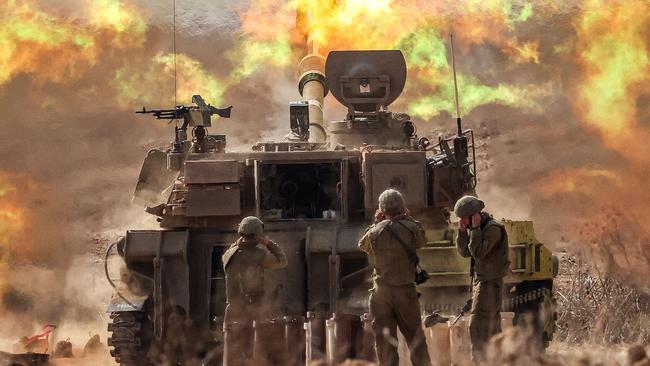
He did not believe they would work, had warned his colleagues Hamas was “rising” in Gaza which would be a “test case” but the nation could rely on the Israel Defence Force (IDF).
“The IDF exists. There is a closure on Gaza from all directions, no-one can enter or leave without our consent, not from the sea, not from the Egyptian border, not from the territory of Israel,” he surmised confidently.
It was an attitude that prevailed in Israeli administration for 30 years until October 7, 2023, when up to 3000 Hamas militants crashed through or flew over the Gaza border to brutally murder 1200 Israelis, including 364 people at a music festival, and kidnap 238 others, including babies.
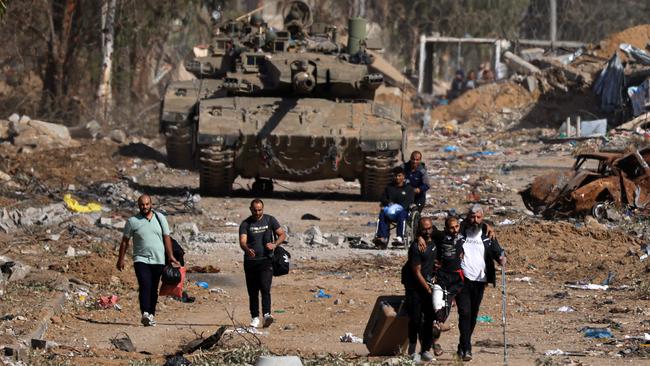
Now three months since war has ensued, little has changed even as the war again, like it did in the 1990s, threatens to engulf the Middle East and, by default, the world.
“If there was a simple singular solution we would have seen it now but, to be fair, the effort made during the Clinton administration wasn’t repeated so there was an opportunity there that went missing unfortunately,” said Professor Greg Barton, a world-renowned commentator on Middle East politics and terrorism and chair in global Islamic politics at Deakin University.
As part of the Oslo Accords, there was acceptance of a “two-state solution” – an independent State of Palestine coexisting alongside the State of Israel – with each state recognising the rights of the other.
But two years later Rabin was assassinated, not by a Palestinian but an Israeli right wing extremist, specifically because he signed the Oslo treaty.
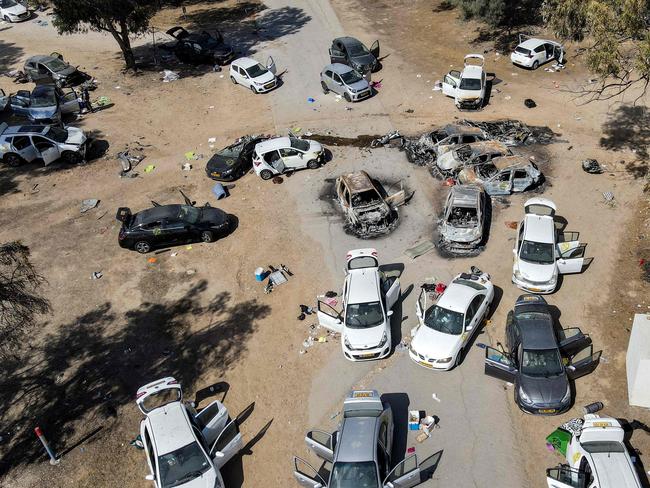
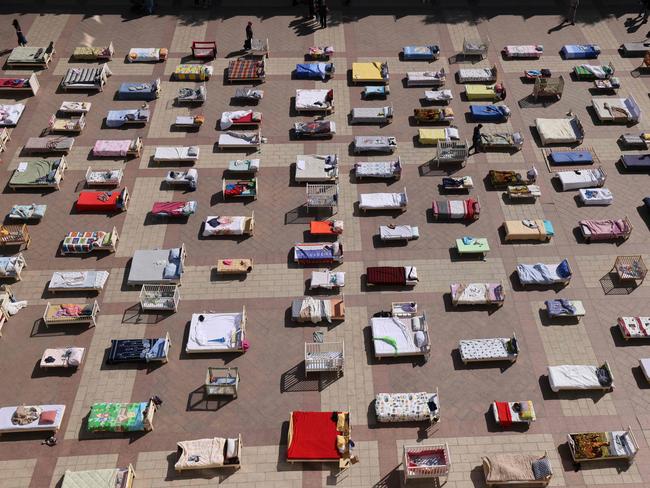
So it remained all about keeping Gaza locked down and the IDF strong.
“This was wishful thinking of course but it’s not crazy stuff,” Prof Barton said.
“The irony is that the beginnings of getting back to working on a two-state solution are now likely to begin with Gaza because of necessity and urgency. The thinking all along, but certainly since 2007, has been to leave Gaza to Hamas, lock it up on the outside, manage the flow of people, keep an eye on things, monitor the communications, give Hamas incentives to stay inside, and carrot-and-stick periodic “mowing the grasses”, as Israelis put it with cracking down, and that’s a sustainable solution. Not a final way of solving the problems but a sustainable way of maintaining things.
“That was delusional and that delusion was at the heart of the intelligence failure of October 7 because the Israeli government wanted to believe that Hamas didn’t have the political will or the capacity to launch an attack, and they were wrong on both.”

Prof Barton said the problem with Benjamin Netanyahu’s government thinking is there was no “day after” plan for Gaza.
“We don’t know what might have happened historically had things gone differently but there was clear political will back then under the Clinton administration and real political will on Rabin’s side ….”
So where to from here?
Netanyahu remains resolute, he won’t allow a Palestinian state nor reoccupy Gaza but insists only the IDF can be trusted to police the enclave – so essentially reoccupy. The United States has made clear it will not allow that without protest. An international force has been suggested but rejected by Israel.
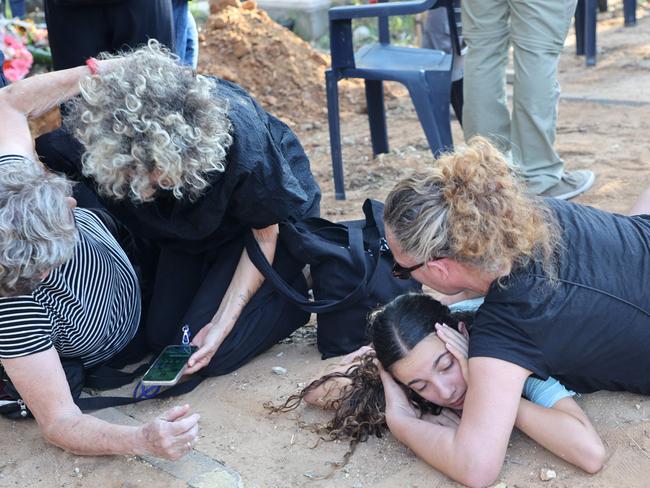
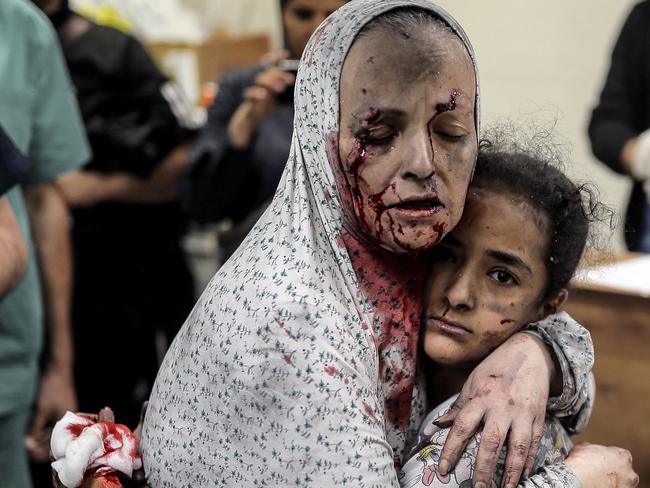
His hard-line coalition, which includes Far Right members, have made clear they will never accept a two-state solution or a return of a Palestinian Authority leadership and suggested the Arab world can pay for the rebuild of Gaza, but it would remain under Israeli control.
This despite the United Arab Emirates making clear a condition of its financial and political support for the reconstruction of Gaza would only be through a US-backed road map toward a two-state solution.
Senior lecturer in international relations at Flinders University Dr Jessica Genauer said the war in Gaza was an inflection point for the broader Israel-Palestine conflict.
There was no clear solution and that was unlikely to change under the Netanyahu administration.
“The current governing coalition in Israel is a very hard right nationalist coalition and it’s very unlikely that under this coalition, and under this prime minister, we are going to see any serious moves toward a more lasting peace or agreement to the broader conflict,” she said.
“Going into this new year there is a lot of domestic dissatisfaction within Israel with Benjamin Netanyahu and the governing coalition so if within 2024 we see him leave power as prime minister, that will be quite a different proposition for the implications of the Palestinian-Israeli conflict but more broadly for the region.”
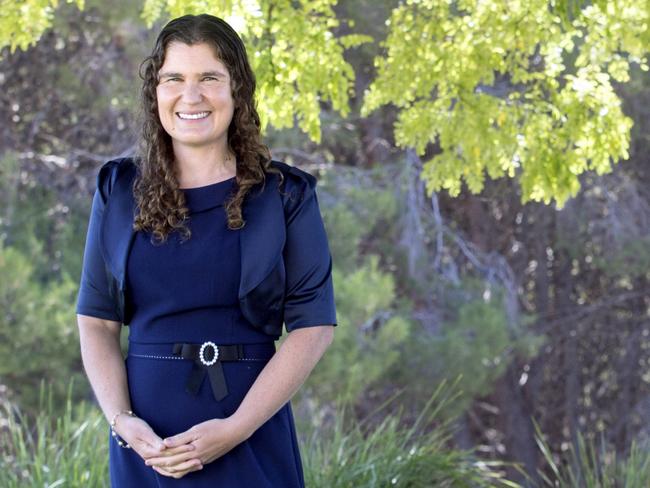
Dr Genauer said key players to watch this year will be the US and Qatar, which have friendly relations with each other but also Israel for the US and Hamas for Qatar.
“If any agreement was going to come out of this, it would come as a result of both pressure and incentives from the US toward Israel and from Qatar toward Palestinians, and we could come to a point where the cost of conflict becomes so great for both sides, Israel and Hamas, that we see a broader negotiated agreement that both sides will try to claim as some sort of a win and as not a peace deal that entirely ends the conflict but a negotiated agreement that puts an end to the current phase of the conflict.”
Just who would politically run Gaza was not clear, nor was what is to become of the occupied West Bank and disputed east Jerusalem, where in December Israeli authorities quietly approved the construction of more than 1700 new homes on land to be formally annexed for Israeli settlers.
***
The day before the October 7 Hamas slaughter, a poll was released that went largely unreported given the unfolding atrocity.
The research network Arab Barometer conducted a survey in Gaza and found a majority of Gazans did not support Hamas, frustrated with the armed group’s ineffective governance and the enduring public economic hardship.
Curiously, they blamed their predicament more on Hamas than the Israeli and Egyptian blockade of the enclave since 2005.
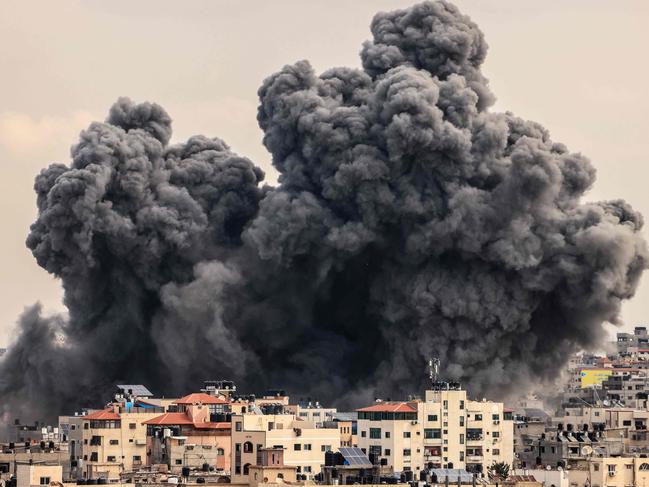
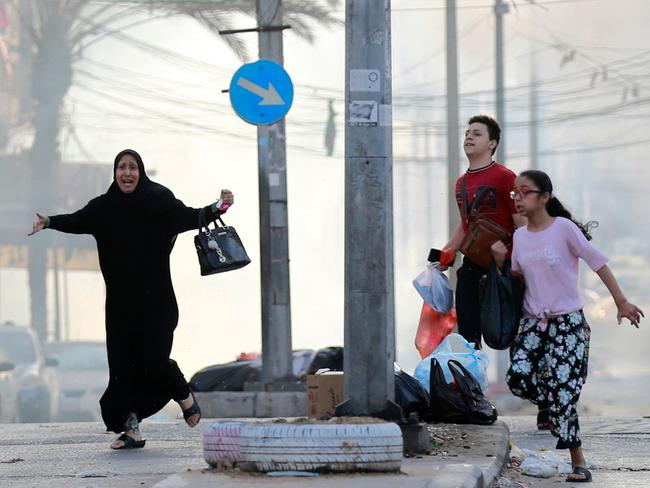
Overall, the poll authors surmised the responses indicated Gazans wanted political change and it was neither Hamas nor the Palestinian Authority (PA) run by Mahmoud Abbas, who was seen as too old and a failure, from the West Bank but Fatah’s imprisoned figure Marwan Barghouti.
The US is firm it would back a revitalised PA-type organisation
Former Middle East adviser to the Pentagon and analyst Jasmine El-Gamal said despite the poll, the way the war has run could boost support for the remnants of Hamas.
Perhaps it is no coincidence that since the war began Hamas has changed its “charter”, posted to social media, to cast itself as a resistance force to an occupation rather than its original position as an organisation committed to the wholesale destruction of Israel.
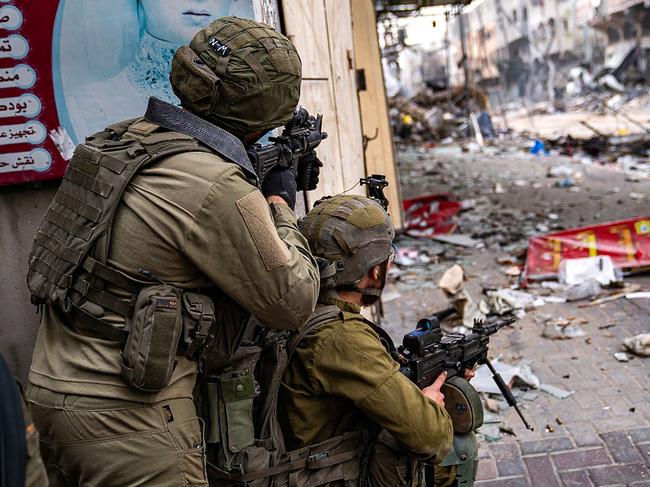
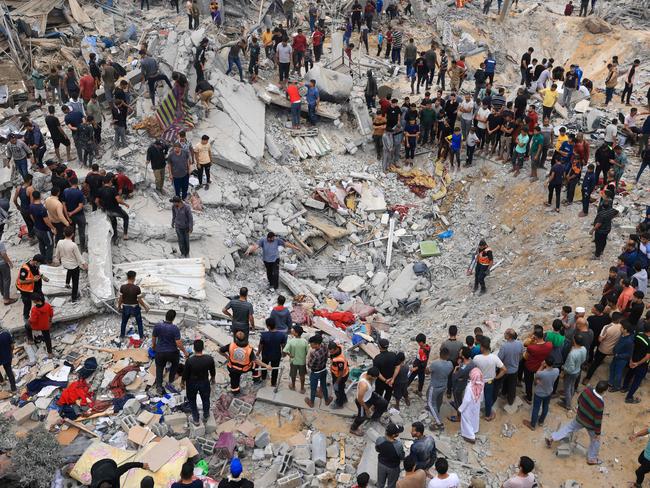
“The way Israel has been waging the war, the civilian casualties, the sort of annihilistic statements that have been coming out from Israeli officials, both current and former and the fact that now Hamas is able to say ‘we got your prisoners out, we managed to get prisoners released’, the Palestinian Authority has never been able to do that. That worries me in the sense that I feel Israel has inadvertently given Hamas some wins that they are going to be using to make the case for their continuing support for their ideology and their cause,” she said.
More Coverage
Originally published as Reliance on military blinded Israel to Hamas’ ability and will to launch October 7 atrocities




